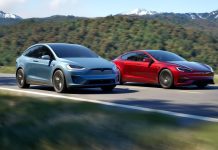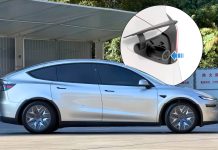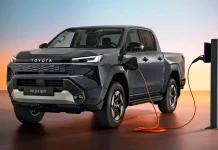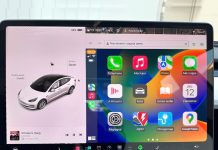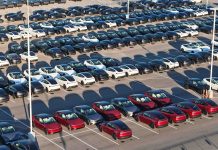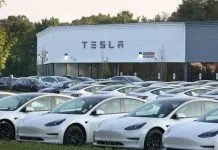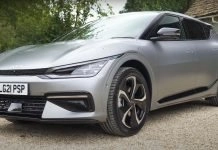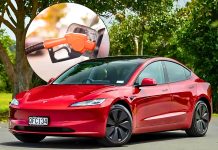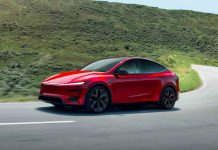Some years after this propelling pace, the electric vehicle market in the United States has experienced a drastic and abrupt decline, ironically coinciding with the rapid expansion of public electric vehicle chargers in the country due to the policies integrated during the Trump administration. Policies initially intended to stimulate domestic infrastructure investment were instead spending billions of dollars on infrastructure charging development nationwide, and the reward is only now being realized in the form of faster charger rollouts down highways and in cities.
However, with the ever-growing charging network taking off at an accelerated pace, October brought a reality check that EV adoption is still largely reliant on incentives. The loss of the federal clean-vehicle tax credit of $7,500 on September 30 caused the abrupt downfall of the demand. Ford CEO Jim Farley had warned that the incentive was needed to maintain a 50% market share in EVs, and in October, that came to be disturbingly true.
The paradox is particularly notable since America is only now constructing the charging infrastructure that EVs have long been waiting to get, but the consumer base that would support such infrastructure is crumbling.
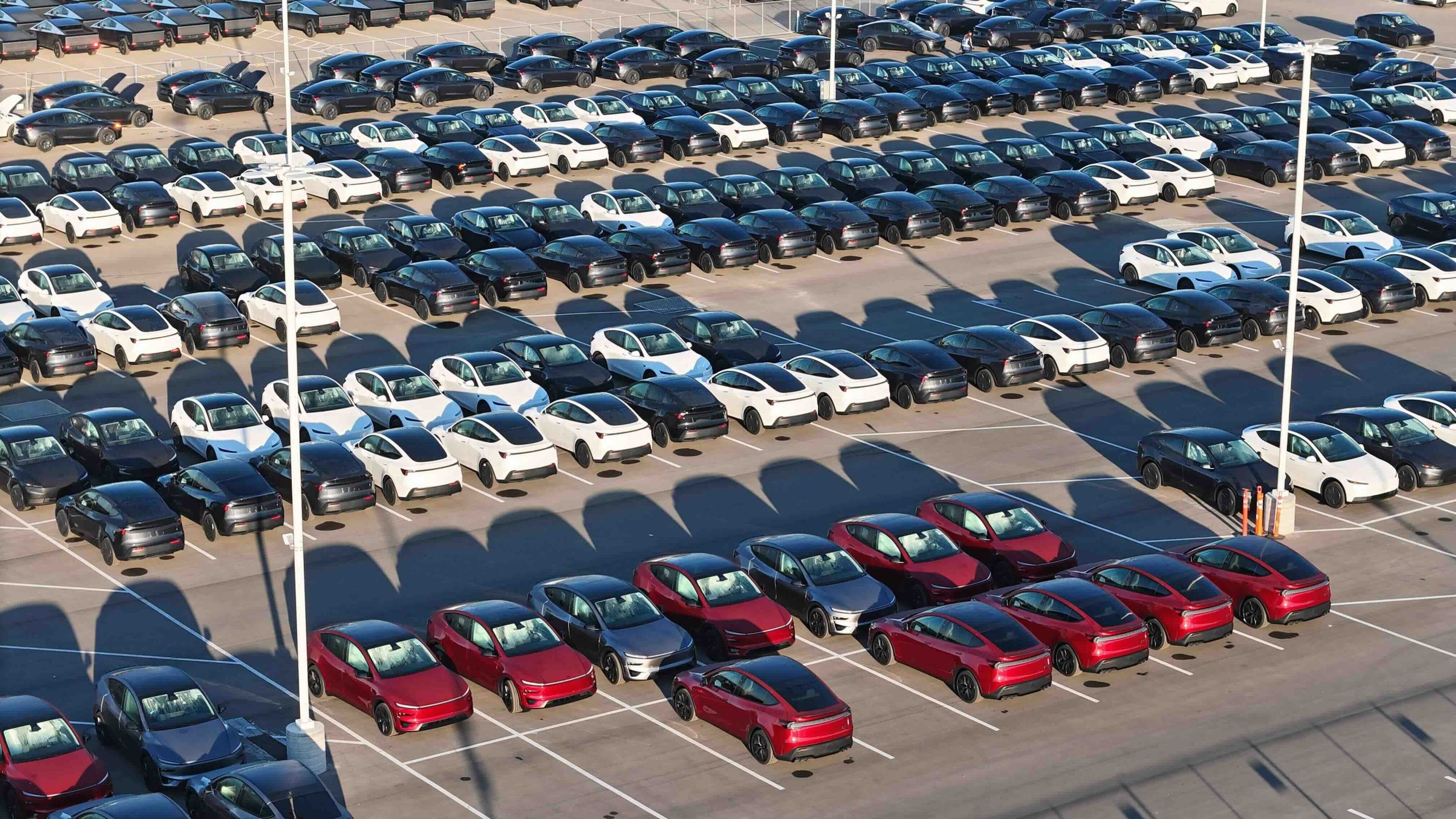
Market Share Drops to Early 2022
As J.D. Power and S&P Global Mobility have stated, about 5% of the overall vehicle sales in the U.S. in October were comprised of electric vehicles. This is quite a downward slide on the record market share of 12% which it had achieved in September when buyers were scurrying to avail themselves of the lapsed credit.
The drop is even more notable compared to October 2024, when EVs had more than 8% share. The previous occasion when the EV market stood at 5% was almost three years ago.
The same thing is being told by sales volume. According to S&P Global Mobility, about 64,000 EVs were sold in October, which is lower compared to close to 150,000 EVs sold a month ago. The loss of the incentive is one way that had an apparent impact on consumer behavior overnight.
Plug-in hybrids were also not spared, as their market share dropped to only 1% between September and October, according to J.D. Power. The crisis became widespread in almost all types of electrified vehicles.
A Market that Adapts itself to a New Reality
According to industry experts, it is more than a short-lived dip. In the absence of the federal tax credit, EVs have an even more difficult uphill climb, particularly in times of high interest rates and continuing inflation. According to Tyson Jominy, senior vice president of data and analytics of J.D. Power, the results in October represented a large recalibration of the EV sector.
Electric cars are now fighting at the level of the sticker price, and many of them are quite evidently higher than their gasoline counterparts. This change is compelling both manufacturers and customers to reevaluate the EV adoption in a market without subsidies. As this is the case, Tesla starts renting cars directly to consumers, to make use of the unsold vehicles.
There are Policy Changes that bring about even greater uncertainty
The tax credit is not the only significant shift that defined the EV reality. Republican-controlled Congress and the Trump administration have gone after dismantling federal fuel-economy regulations and abolishing the EV mandate in California. Having fewer regulatory demands, manufacturers can get away with a slow pace in electrifying their vehicles without facing much punishment.
Several manufacturers have already done so. Acura dropped the ZDX after only a year of operation. F-150 Lightning: Ford is halting the manufacturing of Lightning by the end of the year. GM is cutting down on the production of the next Chevrolet Bolt, and it has already laid off 1,750 employees working in its EV activities. Kia delayed its EV4 sedan indefinitely.

